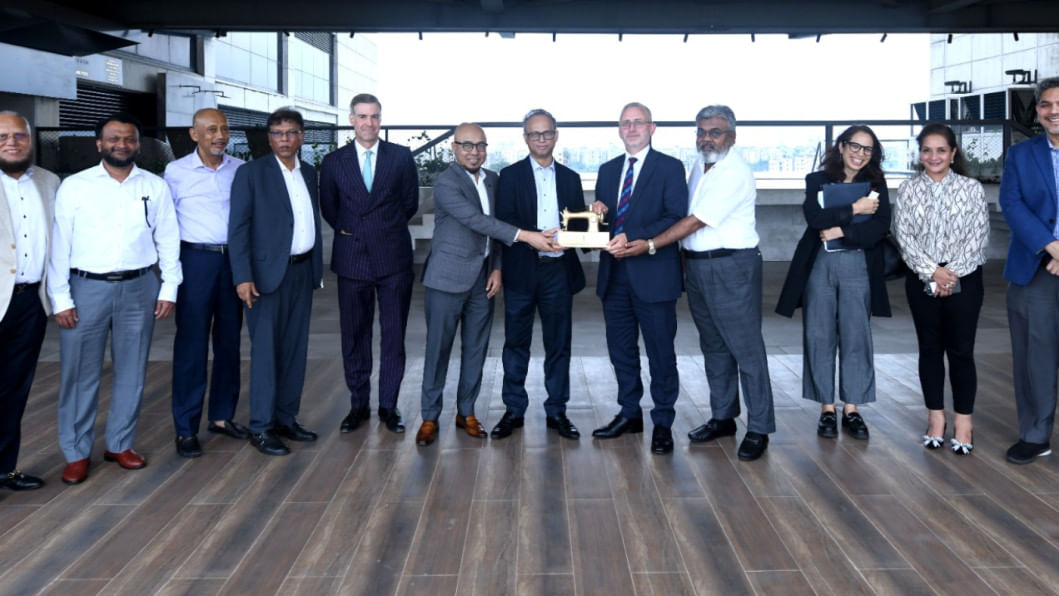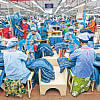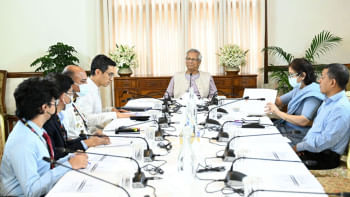Bangladesh should align labour laws with global standards: EU

The European Union (EU) has underscored the urgent need for Bangladesh to align its labour laws with international standards, signalling that improved labour rights and compliance are essential.
A high-level delegation from the EU made this call during a meeting with the president of the Bangladesh Garment Manufacturers and Exporters Association (BGMEA), Mahmud Hasan Khan, and other members at the association's office in Dhaka on August 13.
The delegation mentioned that reforming labour laws in accordance with the International Labour Organization standards is a key demand of the European Union, according to a press release.
The BGMEA president said that the welfare of workers is the association's highest priority, and it stands in solidarity with every fair and legal demand of the workers.
To quickly resolve issues such as unpaid wages or other legal matters of workers, the BGMEA has taken the initiative to establish zone-based worker welfare centres in Gazipur, Ashulia, Mirpur and Narayanganj.
Khan said his board held meetings with 81 worker federations immediately after taking charge to ensure healthy industrial relations in the garment sector.
The BGMEA has made a special request to the EU ambassador to relax the 37 percent threshold of the Generalised Scheme of Preferences Plus scheme in order to maintain the flow of exports to the EU market.
BGMEA leaders said that the duty-free benefits Bangladesh enjoys in the EU not only benefit Bangladeshi entrepreneurs but also allow EU buyers to purchase garments at affordable prices.
Therefore, they stressed that this benefit should be reflected in the buyers' sourcing policies.
After graduating from least developed country status, Bangladesh will have to compete freely in the market, European Union Ambassador to Bangladesh Michael Miller said.
Therefore, priority must be given to infrastructural development, improving the efficiency of the Chattogram port, and enhancing capacity and skills in various sectors, he said.

 For all latest news, follow The Daily Star's Google News channel.
For all latest news, follow The Daily Star's Google News channel. 







Comments